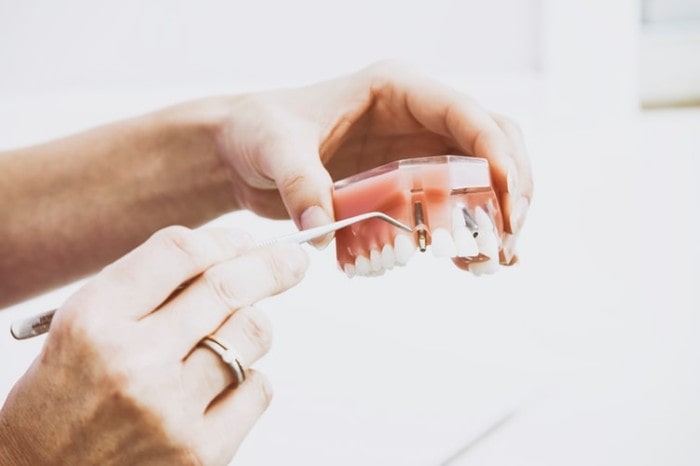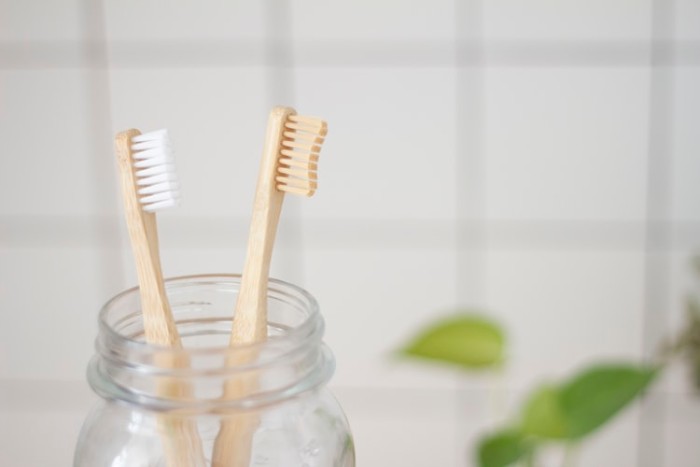
Maintaining your well-being is a task that everybody should leniently practice. The vessel that your body is, it needs thorough care and attention to survive the long run of life. Although people understand the value of good health still, they choose to leave out one or two aspects of their physical health that actually plays a significant role. Sustaining the well-being of your oral health is one such aspect that people highly neglect.
Your mouth is said to be the gateway of your body, which exposes it to the healthy and equally unhealthy things, though you might not know that it also acts as a reflector of your overall health. Yes! Your oral health does more than just preparing the food up for your guts, and this is the very point that people have been overlooking for quite a long time. Oral health directly affects your overall health, and surprisingly, the well being of your dental health contributes to your overall good health too.
Taking care of your oral health is a general practice that one must always follow to prevent cavities, bad breath, and other severe dental conditions. If you are suffering from either of these dental issues, then it can be a sign of a severe medical condition too.
You can efficiently protect yourself from the risk of potential health risks by taking care of your oral health, but first, let us understand the relation between our oral and overall health.
The relation between oral health and overall health
While being a gateway to your insides, your mouth can also reflect what is going on inside your body. The defense system of your body for sure works to combat the bacteria and its growth, though maintaining oral hygiene can eliminate the possibilities of germs entering into your body to a large extent. Your oral health often reveals the symptoms of several systemic diseases. Systemic means, the disease which affects not just a specific part but the entirety of a human body, and according to research, a majority of systemic disease symptoms often reveal itself in the form of unhealthy oral conditions. A simple mouth swab can successfully reveal if you are suffering from a severe disease, which explains how your mouth can reveal a lot of secrets, both figuratively and literally.
Diseases that your oral health can reveal
There are several conditions where your deteriorating oral health can affect your overall health, while simultaneously, your deteriorating oral health can be a symptom of a severe health condition too. Here are a few diseases that are said to have a direct link with oral health.
- Diabetes: People who have diabetes, are most likely to carry poor dental health too than others, as diabetes has a profound effect on oral health. Diabetes reduces the blood supply to the gums, which manifest into several oral conditions that include gingivitis, periodontal disease, bleeding gums, or even a mouth infection.
- Cardiovascular disease: One of the most surprising yet true studies is that people who suffer from poor oral health or any dental condition are most likely to have cardiovascular diseases. Oral bacteria such as that which cause periodontal diseases or gingivitis, often move to blood vessels to cause inflammation and tiny clots. The clots and inflammation lead to the risk of severe damage and even a heart attack.

- HIV AIDS: People with HIV often experience deteriorating oral health in the form of issues such as gingivitis, oral warts, gum bleeding, and ulcerative periodontitis. These conditions can be extremely painful and may last for a very long time.
- Endocarditis: Poor oral health often leads to causing Infective Endocarditis. The bacterias that invade your dental health to cause concerns such as gingivitis or plaque often multiply and enter the bloodstream. These bacterias enter the heart through blood and attach themselves to the inner lining of the heart, which later develops into the infectious disease endocarditis.

Role of saliva
Saliva is a mighty tool that works in two ways to maintain your health. First, it acts as the major defense of your mouth to combat disease-causing viruses and bacterias through its powerful enzymes. Secondly, it is also an indicator to diagnose early symptoms of systemic diseases. Although saliva eliminates most of the bacterias, still the relentless growth of bacteria is not something only saliva can battle to maintain oral health. The uncontrolled growth of bacterias can cause several conditions, which can be hard to battle, which is when the prominence of oral hygiene comes into the picture.
How to improve your oral health
The best thing you can do to reduce the risk of dental issues is to follow a healthy oral hygiene routine. Practicing oral hygiene can help you to tackle several diseases that may develop under your negligence. Here are a few practices that you can include in your daily routine.
- Brush your teeth twice a day to reduce the build-up of plaque. Make sure to not go too hard on brushing and use a soft-bristle toothbrush to not harm the gums.
- Floss regularly to remove the bits of food that the toothbrush might leave or not reach.
- Use mouthwash to remove bad breath and acquire an overall freshness. Mouthwash reaches those places of the mouth that even floss and brush might not reach.
- Regular Oral Health Checkup

These are some of the most common steps that one can practice regularly to maintain their oral health. Though, the best way to ensure a healthy mouth must also include occasional visits to a dentist. Nothing can match a professional’s consultation. So, the next time you visit the dentist to get your kid’s pediatric crowns checked, make sure to get an appointment for your own check-up too.
